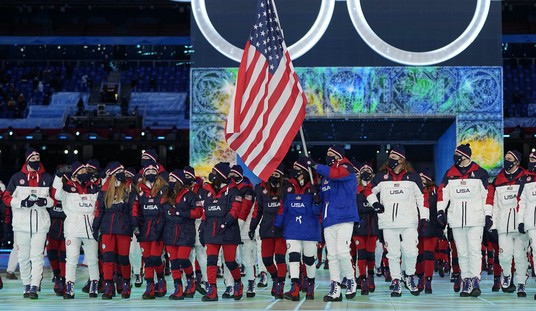A lot of people think that I hate computerized trading. That’s not actually true. I was one of the first people on the floors of the Chicago exchanges to understand what it meant, and why we needed to embrace it. It’s been an extremely painful process to see pits go away, friends lose ways of making a living and seeing the transition.
High Frequency Trading (HFT) didn’t exist in the beginning of the transition, but it dominates today. When the subject of “electronic trading” entered the lexicon of finance, no one planned for HFT. No one could envision HFT. I doubt seriously that anyone can envision where or what the next revolution of electronic trading will be.
But I do know that we can’t say that HFT is bad or good. It’s neither. It’s just HFT.
However, just like when 5000 individuals congregated together on a floor, there were good people and bad people. But, a few bad eggs were easy to discipline on a trading floor. There was a rule book that had solid pit rules written down, and there was an unspoken code of pit etiquette that you had to adhere too. If you tried to go counter culture to the ways of the floor, you wouldn’t make it. Those few bad guys couldn’t screw up the good thing on the floor.
In the HFT world, there are good guys and bad guys. The problem is, unlike the floor, a few bad guys ruin it for everyone. There is no culture of discipline or code of conduct. There are no best practices. No rules. It’s the wild west.
The wild west can be good because it brings unbridled creativity. But, the wild west can be harsh because it also has guys that wear black hats. The guys with the black hats are screwing it up for the entire industry.
The competition to drive profitability is so great, that some people can’t help themselves. It’s so easy to program an algo to front run to steal a few pennies here and there. Do it enough, you made a billion dollars.
Recommended
In the pit, we had traders that ran stops. We had traders that would simply trade, try to hit stops and go the other way. There is an old comic I can’t find anymore. It’s two prisoners in a jail cell and one has his hands out explaining what he was in for. The caption of the cartoon is, “and then we ran the stops.”. In many cases, the things going on in the screen based environment bear no resemblance of an orderly market. That’s where HFT breaks “bad”.
A lot of young quants see themselves as new masters of the universe. They poke fun at old codgers like me and say the market has passed me by. Certainly, guys like me are not programmers. We can’t write code to trade. But we do know markets. We understand liquidity, price transparency, how to make a market, how to trade market. What most of us see in market after market today doesn’t resemble a market that is a competitive playing field.
In the old days of the floor, when someone broke bad, the floor ended their career. That person wasn’t able to trade because no one would trade with them. There was an honor amidst the madness. The CBOT even put out a book, My Word is My Bond, because it was.
Where are the ethical HFT traders? Why aren’t they stepping forward and outlining best practices? Why aren’t they calling out the bad actors? Why aren’t they self policing their own people?
There are a few reasons. One, it’s really hard to know who is playing by the rules and who isn’t. How do you know if some employee has written a predatory algo? You might or might not. If Jamie Dimon can miss The Whale, it’s possible for an HFT CEO to miss a rogue algo. Second, I find in this highly politicized environment, no one criticizes their own anymore. Republicans never call out bad actors in their party and neither do Democrats. That’s how people like Charlie Rangel continue to be able to run for office. For some reason, some consultant somewhere told people that if you are honest and call out bad behavior in your own group it’s some sort of weakness.
It’s clear that the regulators don’t understand HFT. The HFT quants say old traders like myself don’t understand HFT. Well, if the HFT quants are the only people that understand HFT, it’s their responsibility to clean it up and call out the bad guys. At least, that is what someone with honor and integrity would do.
























Join the conversation as a VIP Member